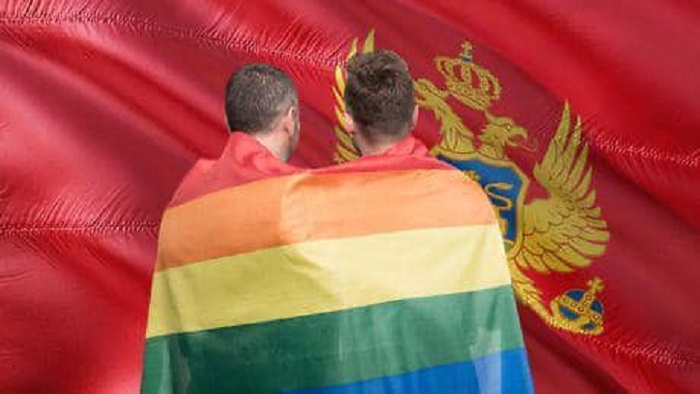Exactly five years ago, Montenegro became the first country in the Western Balkans to pass a law on life partnerships for same-sex couples. This law was hailed as a historic step forward and a victory for human rights. But now, five years later, the question arises: what have we really gained as a society?
The law was passed during a time of political instability and under pressure from Western embassies. Many saw it as a political trade-off, while the traditional values of the majority were overlooked. The Serbian Orthodox Church, traditional communities, and NGOs protecting family and moral values opposed the law, but it was pushed through without broad public debate.
Five years on, Montenegro has not become more stable or just. The traditional family is on the defensive, while same-sex partnerships are favored in media and institutions. Although the law formally does not allow same-sex partners to adopt children, activist pressures in this direction are intensifying. The rhetoric of equality and love without borders is used as a cover to redefine the very concept of parenthood, where children are increasingly seen as the rights of adults rather than beings with the right to a mother and father.
Montenegro faces a serious demographic crisis – fewer children are born, and more people emigrate. Instead of investing in family policies and incentives for childbirth, social energy is spent promoting lifestyles that by nature cannot contribute to the biological survival of the nation. Through the education system and media, ideological engineering is carried out, where children in primary schools are introduced to so-called alternative families, and the terms mom and dad are increasingly replaced by sterile expressions parent 1 and parent 2.
According to all relevant research from that period, the majority of Montenegrin citizens opposed the legalization of same-sex partnerships. Even today, a large number do not support the expansion of the LGBT agenda, especially regarding children and education. Yet, instead of respecting the will of the majority, the agenda of a minority is imposed, supported by foreign embassies and well-networked NGOs.
It is time for a serious reassessment of the social usefulness of this law. Instead of blindly following trends coming from outside, Montenegro should turn to itself, its tradition, culture, and moral foundations that have held the people upright and free for centuries. If we want survival, both spiritual and biological, we must return family values to the center of social attention. There is no healthy society without a healthy family. And the family, by its natural and divine definition, is and remains a community of a man and a woman.
So, what do you think? Has Montenegro truly progressed, or just followed external trends? Drop a comment and let’s see who’s for and who’s against!








